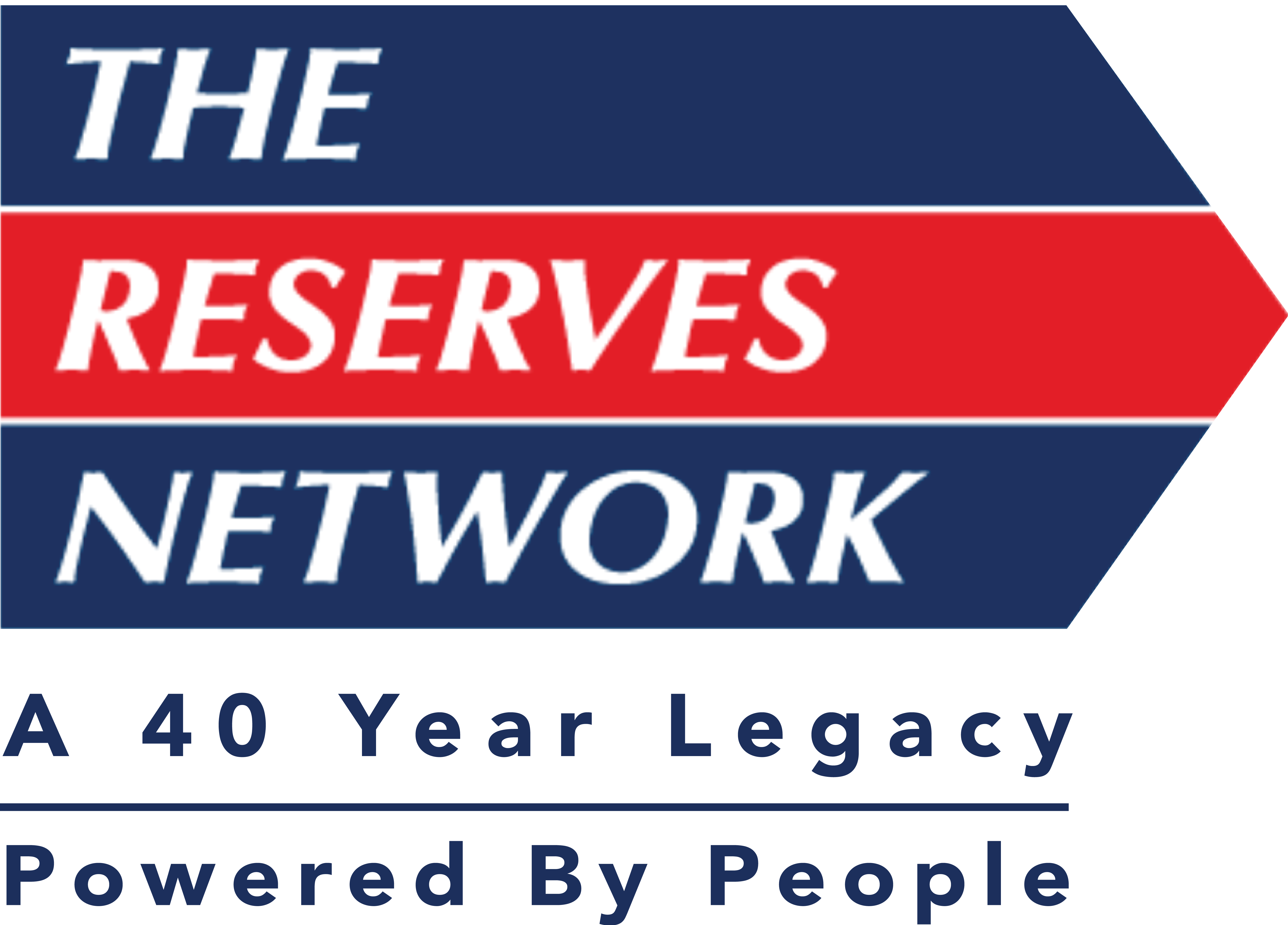Why People Quit (and how you can tackle early employee turnover)
The professional world is in the midst of a seismic upheaval, as a relentless wave of employees bid adieu to their workplaces.
In 2022, a record 50.6 million U.S. workers turned in their resignations. Now, with the most recent data from the Job Openings and Labor Turnover Survey (JOLTS), it appears that while the momentum of the “Great Resignation” phenomenon is slowing down, many workers are still considering leaving their jobs in 2023.
While resignations have become a ubiquitous part of modern work culture, this wave of departures has taken on an entirely different scale and intensity.
This begs the question… why aren’t workers staying put? And more importantly, what can you do about it, especially when employees are bidding farewell within their first year of employment?
Why are employees calling it quits?
Lack of clear expectations and support.
When employees are unclear about their roles, responsibilities, and expectations, it can lead to frustration and disillusionment. Without proper guidance and support, new hires may feel overwhelmed or undervalued. To address this issue, organizations should prioritize a comprehensive onboarding process that provides clear expectations and goals. Assigning mentors or buddies to new employees can also help them navigate their roles and feel supported from the start.
Inadequate training and development opportunities.
Employees seek growth and development opportunities to enhance their skills and advance their careers. If they feel that their organization doesn’t prioritize their professional development, they may look for alternatives. To combat this, organizations should invest in robust training programs tailored to new employees. Providing opportunities for skill-building, mentorship, and continuous learning can demonstrate a commitment to their growth and encourage them to stay long-term.
Poor cultural fit.
A lack of alignment with the company culture can make employees feel like outsiders, leading to a sense of disengagement and a desire to quit. During the hiring process, it’s essential to assess not just the candidate’s skills but also their values and work style compatibility with the company culture. Fostering an inclusive and supportive work environment can help new employees feel welcomed and connected to their colleagues, reducing the likelihood of early turnover.
Unfulfilled expectations.
If new employees join an organization with high expectations but find that the reality falls short, they may become disenchanted and consider leaving. Organizations can address this by ensuring transparency throughout the hiring process, setting realistic expectations, and providing accurate information about the job and work environment. Regular check-ins and open communication with new employees can help identify and address any concerns or misconceptions early on.
Lack of feedback and recognition.
Employees thrive when their efforts and contributions are acknowledged and appreciated. Without regular feedback and recognition, new employees may feel undervalued and unimportant. Implementing a structured feedback system and recognizing achievements, even small ones, can go a long way in making employees feel valued. Encouraging a culture of appreciation and providing growth opportunities based on merit can help retain employees within their first year.
Ensure your new hires feel valued.
Preventing early employee turnover starts from the moment a new hire joins the organization. Making new employees feel welcomed, valued, and supported is crucial for their long-term engagement and commitment. Provide comprehensive onboarding programs that introduce new hires to the company culture, values, and their roles and responsibilities. Encourage mentorship or buddy programs to help new employees navigate their new environment. Regularly check in with new hires to gauge their satisfaction and address any concerns promptly.
By addressing the factors that contribute to early employee turnover within the first year, organizations can significantly enhance employee satisfaction, engagement, and retention. If you need help, turn to a staffing professional like those at The Reserves Network!
Need more workforce management advice? Subscribe to our blog today!


